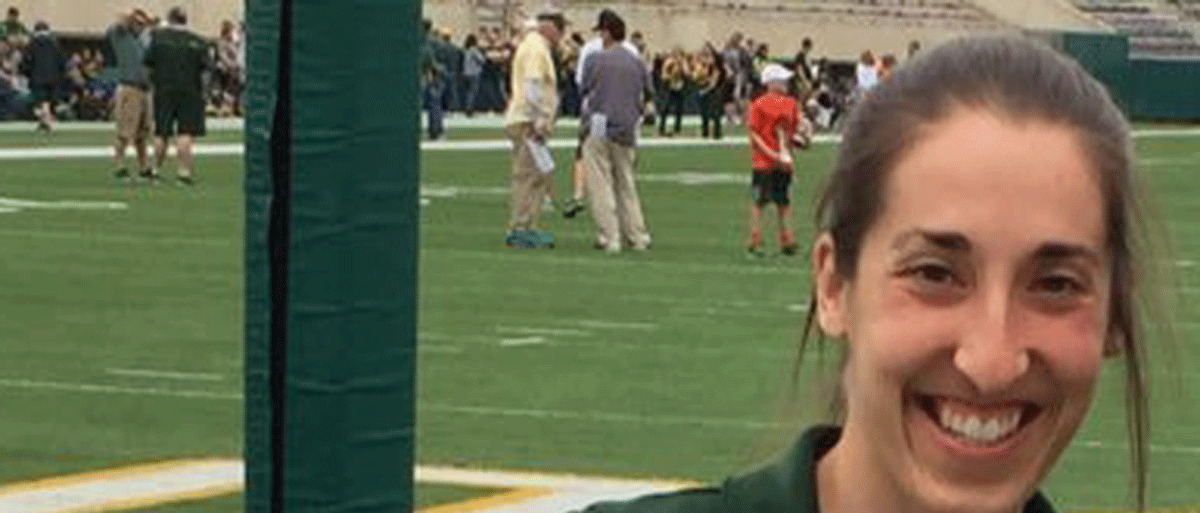Today's blog is an interview with Director of Sports Nutrition at Colorado State University, Pamela Bartz, RD, CSSD, CSCS. Read on to get tips straight from the CSU athletics RD for your next run, ride or game!
You help athletes at CSU learn how to eat properly for their best athletic performance – what are some of the surprising things you have learned in this job?
As a Sports Dietitian, every day you learn something new about your athletes. No two athletes are the same in regards to how they fuel their bodies. I am always encouraging the CSU student-athletes to eat a variety of foods, so their food preferences are always changing. At team meals, I get the chance to introduce new foods and educate on the nutritional value of them!
What are some of the key takeaways student athletes get from you? What surprises them the most?
A few of my key points I express to the CSU student-athletes every day are:
- Never go into a training session without a pre-workout fuel.
- Recovery within 30 minutes of your workout will kick start your recovery process and start repairing and rebuilding muscle breakdown and replenish energy stores.
- Add color to your plate. Incorporating lots of dark green, red, purple, and blue vegetables and fruit will help decrease inflammation.
- Hydrate! Hydrate! Hydrate! Carry a water bottle with you all day, so it is a reminder to intake fluids. Consuming water throughout the day and a refuel beverage before, during, and post training is key.
- Sleep is a key factor of the recovery process and reaching your body composition goals. You need to rest in order to build new muscle and get stronger.
What role does dairy play in recovering from athletic activities for CSU athletes?
CSU Student-athletes are provided with Core Power and low-fat chocolate milk for their post recovery fuel. I encourage the student-athletes to consume at least 3 servings of dairy a day, such as low-fat milk, yogurt, cheese, or cottage cheese. I educate that dairy contains essential vitamins and minerals such as Vitamin D and Calcium to keep their bones strong and healthy.
Do all college athletes have access to a Registered Dietitian?
No, there are about 60 universities/colleges in the NCAA that have a full-time Sports Dietitian. There are about 90 full-time Sports Dietitians in the NCAA, as some of the schools have more than one Sports Dietitian on staff.
Tell us about a time when an athlete changing their diet made a huge difference in their performance?
I teach the CSU student-athletes that if they fuel their bodies properly, hydrate, sleep, control their stress levels, and train hard and smart, they will reach their body composition goals! The key to success is staying focused and consistent.
I have had several student-athletes change their body composition that correlated to improving their performance. Every athlete is different; it’s based on their sport, position, and goals.
What is your favorite thing about your job? Advice for dietetic students who want to work in sports nutrition?
I am living the dream being the CSU Sports Dietitian! Every day is different and exciting because I have the opportunity to change lives. My job goes beyond food. I help student-athletes grocery shop, teach them how to prepare quick and easy meals, and educate them how to fuel their bodies on a budget.
My advice to dietetic students is to gain as much experience as possible during undergrad, by volunteering and getting hands-on experience. Never give up on your dream of becoming a Sports Dietitian. It requires discipline, determination, and persistence to succeed in the Sports Nutrition field, but if you work hard and stay passionate, the journey will be fun!




